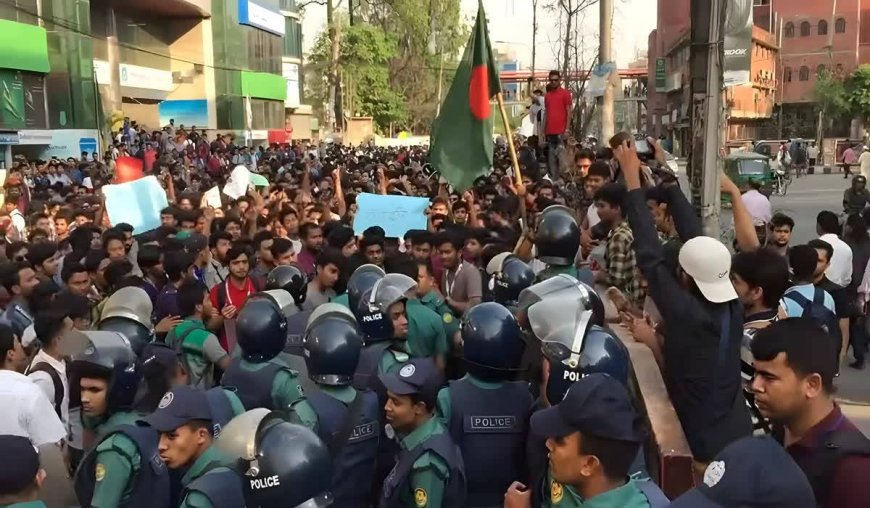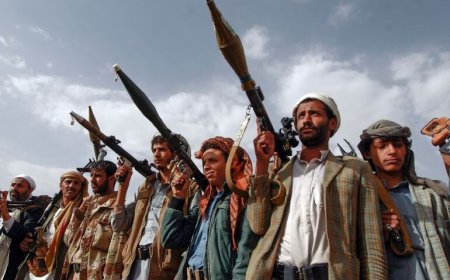Bangladesh in Turmoil: How the Asian Nation Became a Pawn in a Global Game

By: A. Yeganeh
Bangladesh, a nation historically renowned for its peace and resilience, finds itself at a crossroads. Recent protests, fueled by simmering discontent over government policies, have plunged Dhaka into chaos, culminating in the tragic loss of many lives. While the immediate trigger appears to be the contentious quota system for government jobs, a deeper examination reveals a complex web of interconnected issues, both internal and external, contributing to this unsettling situation.
The unrest, though ostensibly against a specific policy, have tapped into a wellspring of social discontent that has been simmering for years. This discontent stems from a confluence of factors, including a perceived lack of transparency in government, economic challenges, and a growing sense of social injustice. The economic success of Bangladesh, once a beacon of hope, has demonstrably slowed in the wake of the COVID-19 pandemic, exacerbating pre-existing inequalities and fanning the flames of frustration.
However, the current crisis cannot be viewed in isolation. Bangladesh, strategically positioned in the heart of East Asia, has become a pawn in the intensifying geopolitical chessboard between global powers. The United States, a significant financial investor in Bangladesh's energy sector, has increasingly sought to leverage its economic influence to counter China's growing assertiveness in the region. This competition has fueled a dangerous dynamic, with the United States employing tactics like human rights concerns to pressure the Bangladeshi government, creating an environment of uncertainty and instability.
This external pressure has intersected with internal vulnerabilities. The government's decision to implement a 30% quota for descendants of soldiers from the Bangladesh Liberation War, though well-intentioned, has inadvertently sparked a fierce debate over social equity and opportunity. This policy, perceived by many as discriminatory and unfair, has further inflamed public sentiment and ignited a sense of injustice among a population already struggling with economic hardships.
Moreover, the ongoing tensions between China and Taiwan, a key focus of Beijing's foreign policy, have cast a long shadow over Bangladesh. Any instability in Bangladesh, strategically located in close proximity to China, could potentially serve as a distraction for Beijing, jeopardizing its strategic interests in the region. This has led to a complex geopolitical dance, with both the United States and China vying for influence in Bangladesh, leaving the nation caught in the crossfire.
The current situation in Bangladesh is a sobering reminder that even nations with a history of stability and progress can be susceptible to the destabilizing forces of internal and external pressures. The protests, while rooted in domestic grievances, have become a potent symbol of the broader geopolitical forces at play in the region. As the situation in Bangladesh continues to unfold, it is imperative for the government to engage in dialogue with its citizens, addressing their concerns with transparency and inclusivity. It is equally crucial for the international community to refrain from exacerbating the situation through undue interference, recognizing that any attempt to exploit the crisis for political gain will ultimately contribute to further instability in a fragile region.
The future of Bangladesh hangs in the balance. This turbulent period presents an opportunity for introspection and reform, not only for the government but also for the international community. The world must recognize that true stability and prosperity cannot be achieved through manipulation and geopolitical maneuvering but through a commitment to shared values, open dialogue, and respect for the sovereign rights of all nations. The fate of Bangladesh, and indeed of the broader region, depends on it.













































